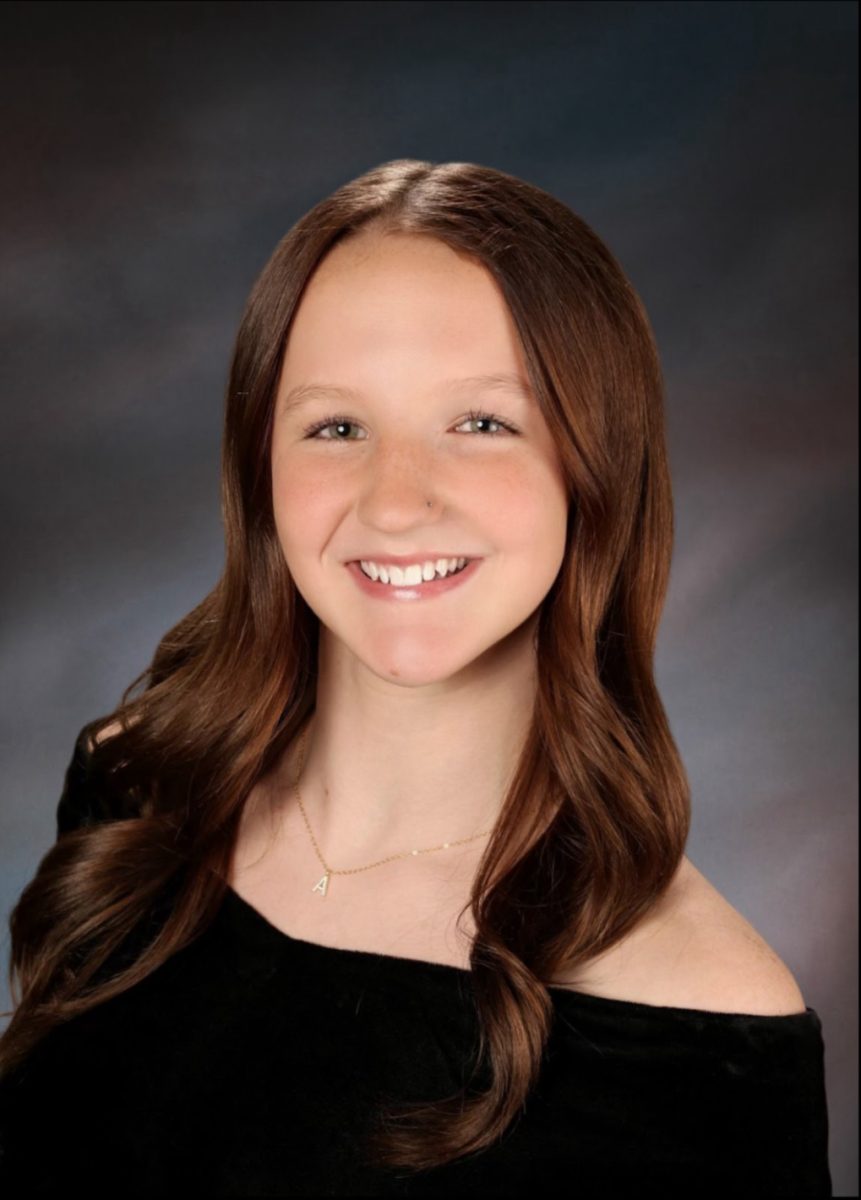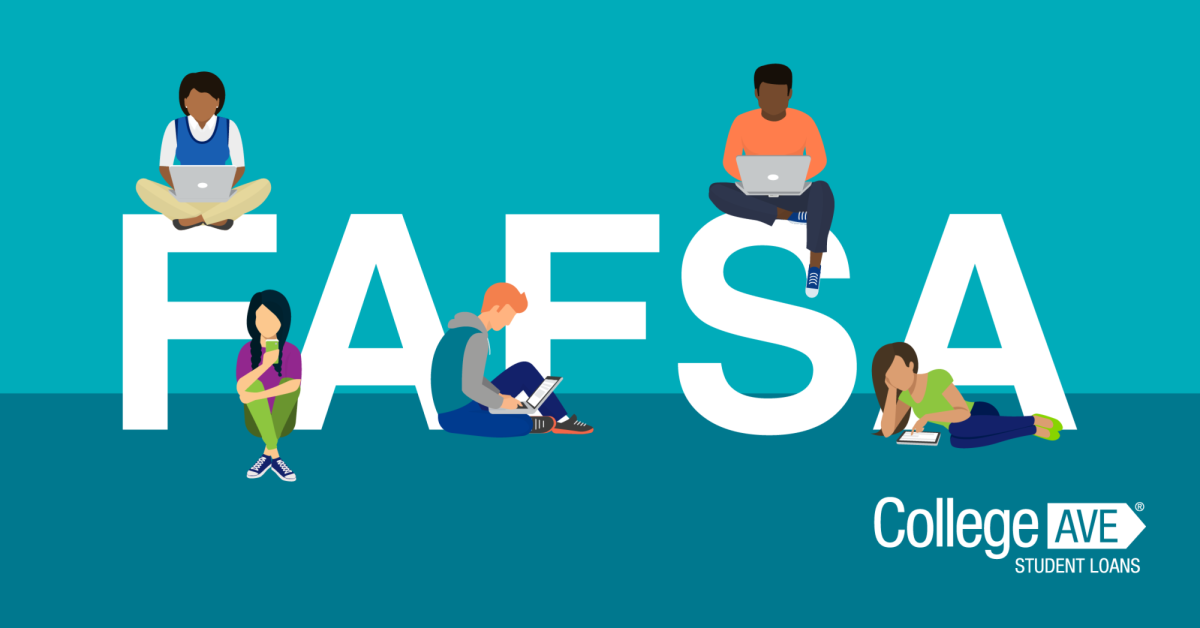Students are facing discipline after disrupting Google Meets sessions and harassing other students and teachers. In-house and suspension have changed, however, while students are being held remotely.
Now when a student is suspended, they will not be able to access their school login or Canvas classes during school hours. This prohibits a student from joining Google Meets calls and completing any work. Suspended students are then expected to make up assignments at a later date. Students with in-house will be able to access Canvas, but not live Google Meets sessions.
Administration has updated their discipline policy to fit the online school method. So far, two students have been issued an RCP, and several others are beginning in-house.
“At Spring Valley High School, the administration follows a school-wide progressive discipline policy,” said Michael Wabel, the new Behavior Coordinator. “Students causing minor disruptions receive a warning and administration calls home. If a student shows an obscene image or is grossly insubordinate, the administration might temporarily suspend a student’s digital access rights during school hours.”
Teachers were impacted by student disruptions in various ways. English teacher Jenna Tullis was met with disruptions for over half of the first week.
“They were either yelling at me, cursing at me, smoking or playing super loud, ludicrous music with inappropriate language and things being said,” Tullis said.
According to Tullis, it was difficult to catch students who were acting out at first because she still wasn’t acquainted with her students. Some didn’t attend Spring Valley either.
“I think Monday was the worst day,” Tullis said. “I was muting them because I thought they were my students at first … and then I realized they were taking themselves off mute, and they were like … ‘b-word, don’t mute me.’”
This kind of behavior was not exclusive to Tullis’ class, according to Wabel.
“The primary discipline issues revolves around students joining other teachers’ Google Meet synchronous instruction with the purpose to disrupt the lecture by playing music, saying inappropriate language or making obscene noises,” Wabel said.
Protocols are in place to track disruptive students, even across schools. Classroom disruptions are not something administration takes lightly, according to Wabel.
“As Mr. Larnerd has stated over and over, everyone leaves a digital footprint,” Wabel said. “This means whatever is said, typed or clicked on is tracked. It is easy to identify disruptive students in a Meet since they are required to use their CCSD account to access meetings. School administrators throughout the district are teaming together to stop disruptions. When a student from another school disrupts a class at SVHS, the school administration notifies the student’s current school administration and they follow their school’s progressive discipline policy.”
English teacher Amy DeVaul shared her experience with rule-breaking students, which was similar to Tullis’.
“Kids are getting into Google Meet through cell phones,” DeVaul said. “A kid popped in and asked what class this was and I removed him. He came back and whispered stuff I couldn’t hear and I removed him again. He popped in a third time, and I removed him again, and he didn’t come back. It’s silly that kids are trying to be disruptive in classes. I was lucky that the kid didn’t start cursing or something. … The consequences are pretty tough, so it’s pointless for them to behave in this manner.”
Teachers also have plans in place to catch any disruptions in the act. It took Tullis a few days to learn the right way to handle those instances.
“I think on day one, I was a little bit thrown off,” Tullis said. “I think teachers and students both have been overwhelmed. … So I’m bummed, just because when it first happened I didn’t process, like, ‘Oh I should try to screenshot them so I can report them.’ When it happened again on Tuesday, I definitely made sure to screenshot and try to report them.”
In the event that a student is suspended, it is with specific intentions. Wabel said that he hopes getting suspended once will keep a student from committing another offense from the lack of social interaction.
“We want all students to take the online education serious and ensure each student is provided with an equal opportunity to access live lessons,” Wabel said









